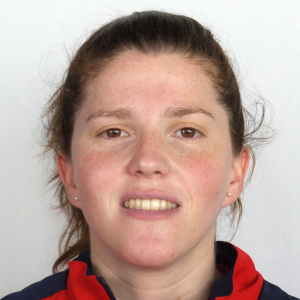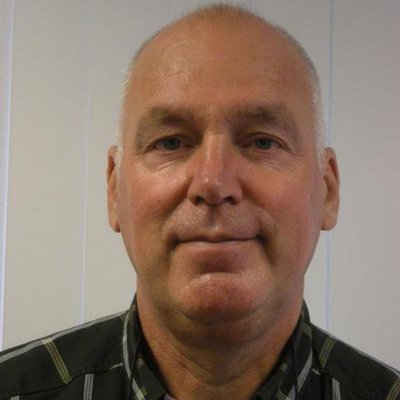Module B is for those who want to advance their skills in areas such as gaining vascular access, asepsis, and jugular vein catheterization.
Module B: Experimental Research Techniques
We train in small groups of 5-8 with larger groups available by arrangement. Attendees are provided with a Leica or Zeiss binocular operating microscope, a full set of microsurgery instruments, and all of the materials you will need. You will experience hands-on learning both in models and in living material. Each module ends with a customized learning experience of choice where attendees can polish their skills in an area outside of the established training plan.
Our courses require a degree as a lab technician, veterinarian, biologist, pharmacologist or any other medical science.
- pharmacology models, for infusion and blood sampling, for temporary occlusion stroke models, for transplantation models. Focal and global ischemia models in rats and mice. Cardio-vascular models (MI and TAC) or any others specifically relevant to your needs
- pharmacokinetic models, for infusion and blood sampling from arteries, veins, bile duct, gut or any other places relevant to your needs
- toxicology models, for a single dose, multiple-dose acute and chronic study designs and performance
- different techniques of particular interest to participants by agreement before or during the module
Next Course: April 08, 2024
Location:
Almere, The NetherlandsRegistration Fee
- Industry: €4500
- Government and Foundations: €4000
- Academic: €3500
Workshop Dates
April 8 - April 12, 2024
May 13 - May 17, 2024
July 15 - July 19, 2024
July 29 - August 2, 2024
August 12 - August 12, 2024
Application Form
Instructors
Senior Instructor
René Remie Surgical Skills Centre
Director
René Remie Surgical Skills Centre

